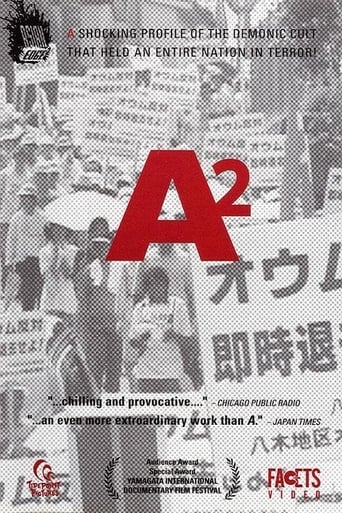
A2 is a continuation of director Tatsuya Mori's film A (1998), an incredible view inside the compound of Japan's Aum Shinrikyo cult after its leaders carried out the deadly sarin gas attacks on the Tokyo subway in 1995. Most followers had no idea that the attacks were being planned, or even that their new religion had violent aspirations. After the attacks, these followers were left to rebuild the religion where they had once found peace in the face of overwhelming, and understandable, condemnation from the rest of Japan. Central focus is placed on Hiroshi Araki, a young man who finds himself elevated to chief spokesman for Aum after its leaders are arrested. Araki faces extreme hostility from the Japanese public, who find it hard to believe that most followers of the cult had no idea of the attacks and even harder to understand why these followers remain devoted to the religion, if not the violence.
Similar titles
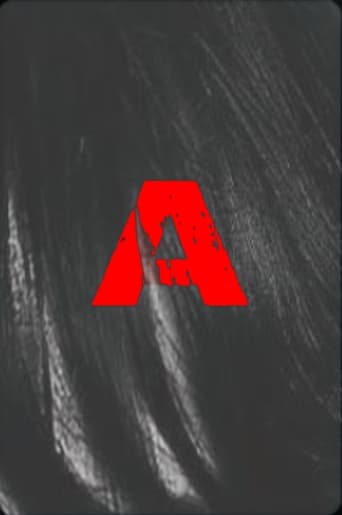
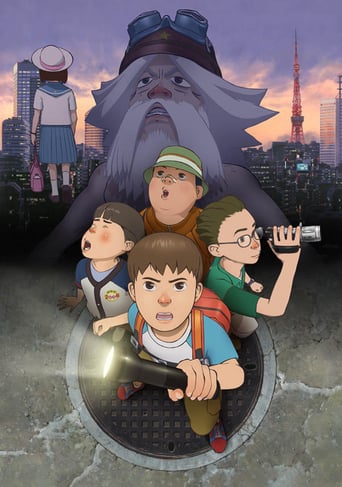
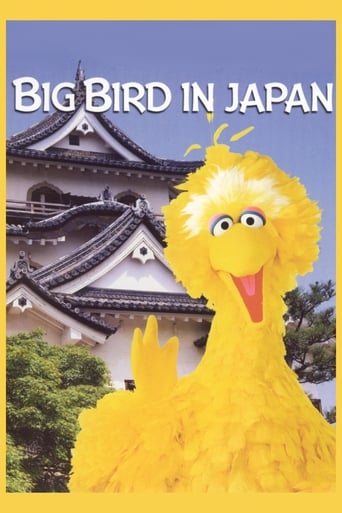
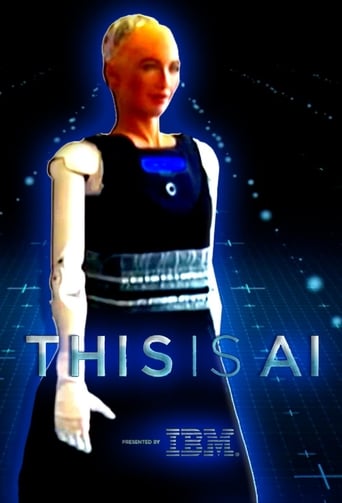
Reviews
Undescribable Perfection
Thanks for the memories!
I'll tell you why so serious
Good concept, poorly executed.
Mori's original documentary about Aum Shinrikyo, "A", leaves the viewer a bit confused. The Aum followers seem to operate in an independent world where their religious leader did not dispatch followers to seriously injure and kill hundreds of people on the Tokyo subway system. It doesn't even seem to enter into their cult-addled worldview; some are just beginning to parse it at an intellectual level, and others are acting like nothing ever happened, as if their separation from worldly desires also means a separation from their own group's murders.In this sequel something interesting is happening: the entire cult is dissolving even as the national enacts laws against it. In the absence of their leader, Shoko Asahara, and surrounded by those who question his basic morality, the cult members have no one to tell them to strictly keep the rules. So, right at the beginning of the film, we see unusual behavior that quickly ascends into the bizarre. The anti-Aum citizens' groups who police the surroundings of Aum members are acting like the stern parents of a hundred disobedient children, inspecting their food for weapons and chatting with them. Soon we see anti-Aum patrol members fraternizing with the "enemy". Their anger drops away, but they aren't the only ones changing: suddenly Aum leaders are making papercraft in their bedrooms, lacking anyone to seriously criticize them for their "worldly desires". And unlike the last film, when food was a barrier to enlightenment, in "A2″ they now care what the director Mori thinks about their homemade vegan meals.Next, the final contradiction of a socially despised religious group in Japanese society reveals itself. Legally, the courts have decided that members of Aum who did not personally try to kill anyone (and there are many) should be allowed their constitutionally guaranteed freedom of belief. But as Aum members explain, there are many mentally weak people who join their group, simply because they are a religious group promising answers; and after several years of outside pressure– however friendly– to leave the cult, some of these people attempt suicide and require physical force from group members to restrain them. This, in the eyes of the Japanese legislature, is unpalatable. As the images on the screen remind us, this is a group that straps high voltage electric wires with unexplained liquid-filled pouches to their foreheads on a regular basis. The public does not trust Aum, so it does not make sense to allow fragile, dependent, suicide-prone people to be housed in Aum buildings.I see in these exchanges a few of the frayed ties of modern social fabric that led to the creation of Aum in the first place being mended at a person-to-person basis, as volunteers try their best to reintegrate Aum members into their village. Aum lives in an intellectual world that prevents this from happening so quickly, but clearly the foundations of the cult are crumbling. From the beginning of "A" its members have been confused about how to relate to society: how to have discussions with media and police, how to explain themselves. The contradictions of a group that exists in society without any concept of relating to it can't help but be noticed, even by its members who did not personally try to kill anyone. In this film, we see them clean their homes and wash their hair for the first time, as well as grapple with the concept of making an apology, which is intuitive, almost reflexive, to most members of Japanese society.
Top Streaming Movies












